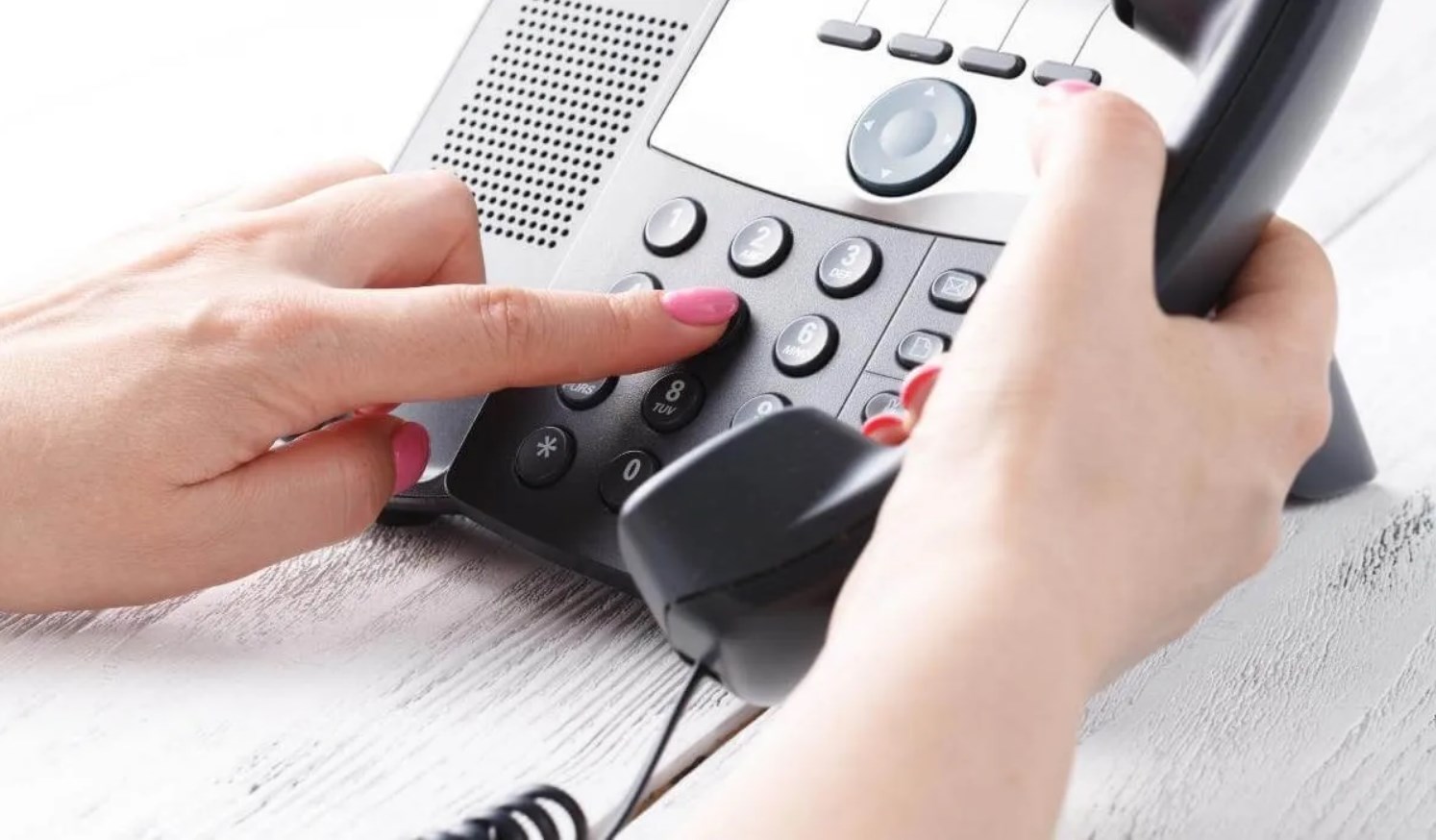Making calls to VoIP numbers from landlines can seem intimidating at first, but it is actually quite simple. VoIP stands for Voice over Internet Protocol, and it refers to a type of phone call that is transmitted over the internet instead of through traditional phone lines. VoIP is becoming increasingly popular, and many people are now using it to make cheaper, more efficient calls. In this guide, we will explain how to make VoIP calls from landlines, and the benefits of doing so.
What is VoIP?
Voice over Internet Protocol (VoIP) is a technology that allows users to make phone calls over the internet. VoIP technology converts voice signals into digital signals and transmits them over the internet. This technology allows users to make and receive phone calls from any device with an internet connection. VoIP is a great way to save on phone bills, as calls are usually cheaper than traditional landlines. Additionally, VoIP offers more features than traditional landlines, such as call forwarding, video conferencing, and caller ID.
What protocols are used for VoIP numbers?
VoIP numbers use Session Initiation Protocol (SIP) to transmit voice data over the internet. SIP is a standard protocol used by VoIP providers to set up and manage VoIP calls. Additionally, VoIP providers may use other protocols such as H.323, MGCP, and SCCP.
How do I set up VoIP on my landline?
Setting up VoIP on a landline is relatively easy. First, you will need to purchase a VoIP adapter and connect it to your landline. Once the adapter is connected, you will need to configure it with your VoIP provider. Most VoIP providers will provide instructions on how to configure the adapter. Once the adapter is configured, you will be able to make and receive VoIP calls from your landline.
How do I make VoIP calls from my landline?
Making VoIP calls from your landline is easy. First, you will need to dial the number you wish to call using the keypad on your landline. Once the number is dialed, the call will be routed through your VoIP provider and connected to the recipient. You can then speak to the recipient as you would with a traditional landline.
What are the advantages of using VoIP on a landline?
Using VoIP on a landline has many advantages. These include:
- Cheaper call costs: VoIP calls are usually cheaper than traditional landline calls.
- More features: VoIP offers features such as call forwarding, video conferencing, and caller ID.
- Easy setup: VoIP adapters are easy to set up and configure.
- Flexibility: VoIP allows users to make and receive calls from any device with an internet connection.
- Scalability: VoIP can easily be scaled up or down to meet the needs of the user.
Is it possible to make international VoIP calls from a landline?
The short answer to this question is yes, it is possible to make international VoIP calls from a landline. This is thanks to the advent of Voice over Internet Protocol (VoIP) technology, which allows voice and data to be sent through the internet instead of over traditional phone lines. This has made it possible to make international calls without the need for expensive long distance calling plans.
One of the biggest advantages of using VoIP for international calls is that it is often cheaper than using traditional phone lines. Because VoIP calls are routed through the internet, there are no additional fees or charges associated with long distance calls. Additionally, VoIP services offer a variety of features such as call forwarding, voicemail, and caller ID, which can make international communication easier and more convenient.
Is VoIP more secure than traditional phone lines?
The simple answer is yes, VoIP is more secure than traditional phone lines. This is because VoIP calls are routed through the internet, which is a secure and encrypted network. This means that the data being sent is protected from unauthorized access or interception. Additionally, VoIP services such as Skype, FaceTime, and Zoom offer end-to-end encryption, which means that all data sent between two parties is encrypted and cannot be intercepted by any third-party.
Other security features offered by VoIP services include:
- Two-factor authentication: This feature provides an additional layer of security by requiring users to enter a unique code sent to their registered device before they can access their account.
- Call encryption: This ensures that all data sent during a VoIP call is encrypted and can only be accessed by the intended recipient.
- Access control: This allows administrators to control who has access to certain features and functions of the VoIP system.
- Data logging: This feature allows administrators to track and monitor all calls made using the VoIP system.

